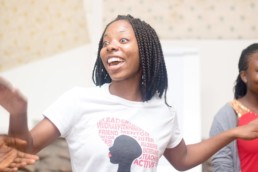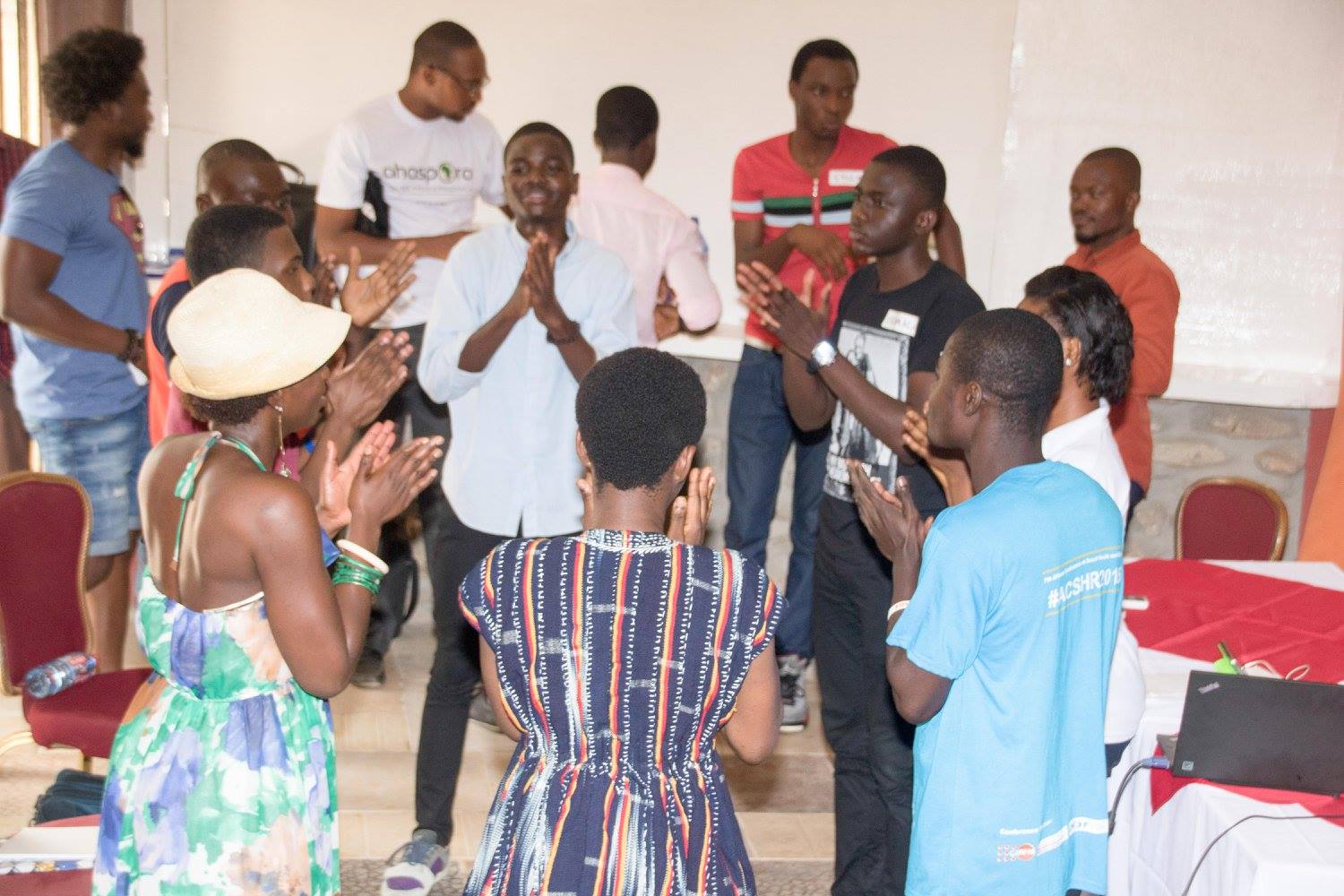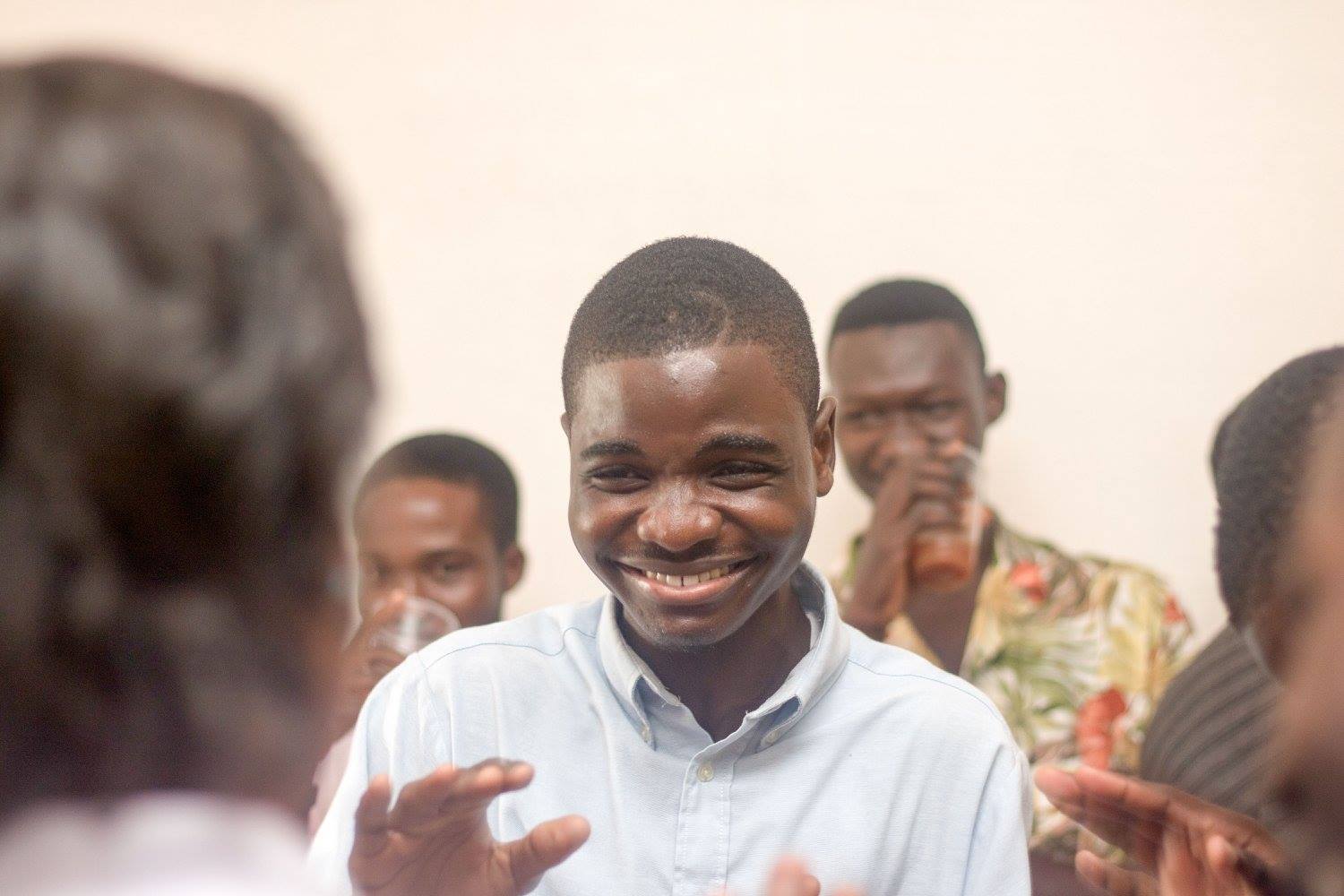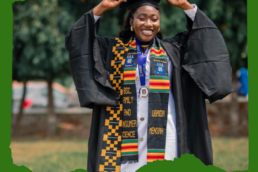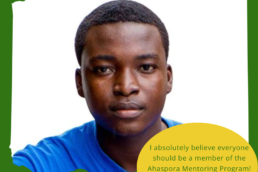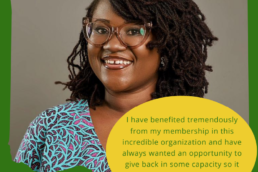I first heard the term mentoring when I was in College in the United States… That would sound strange to some people, and yes, you’re right… because once I understood the concept I realized that I actually knew and had experienced mentoring all my life…
I was reminded of the days when my mother would pick me up from school at age seven, and had to rush to the free legal aid clinic that she and other women lawyers organized on Wednesday afternoons. As there wasn’t enough time, we would go straight from school. I remember lying under the conference room table or sitting in a corner of the room doing my homework while these women lawyers held board meetings discussing women’s rights, helping the vulnerable and poor, and promoting gender equality in Ghana.
A lot of what can be taken for granted today for women in Ghana, came about due to the work these dedicated women did, some starting right in this room. As a little girl, I interacted with these women who became my circle of mothers, and I got very interested in what they were doing and why they did it. I would ask questions and Aunty Dorcas, Emilia, Lucy, etc. would take time to explain the importance of their interventions. It’s not surprising today that I followed the path of development, and I’m committed to the course of gender and development studies. That’s mentoring.
I also remember the many stories that my grandfather told my brother and I when we visited him in the countryside as kids. He shared stories about the independence movement, the excitement and fear he experienced as a young lawyer during those times, his role in the movement and in drafting Ghana’s constitution. He expressed the importance of dedicating your life to the cause, for the love of country. It is therefore not surprising today that I am so passionate about Ghana, and moved home from the United States on my own accord a few years ago with the aim of giving back to my society. My grandfather’s actions — that’s mentoring.
Hence my own simple definition of mentoring: The “informal” deliberate system of guiding a person’s life decisions, be it professional or personal, over a period of time. In my opinion, for mentoring to be most effective, it is important to formalize the relationship, making that it both intentional and consistent, and ensure that it is sustainable. True mentoring is not a one-time affair, and it is not static. True mentoring should exist over an extended period of time, whether or not the engagement is regular, and should be dynamic, evolving over time depending on the person and situation.
Once I was studying and then working in the U.S., I began to gain a more defined understanding of mentoring and was able to identify mentoring experiences in my own life. I embarked on a journey to mentor those coming after me when possible. I have done this through several means, most prominently through a mentoring program that I currently run together with other committed young professionals.
A year after Ahaspora Young Professionals was initiated, we deliberated on what program would be our main give-back activity. We settled on mentoring and initiated a big-brother/ big-sister type mentoring program dubbed “changing mindsets channeling the future.” This mentoring program which has been running now for three years, has reached over 300 high school students in Ghana, primarily from 2nd and 3rd tier high schools, focusing on students who would normally not have access to such exposure. “Our goal is to use the knowledge that we have gained through our experiences abroad and in Ghana to help young people create opportunities for themselves and become better citizens of the global community.”
Mentoring can be challenging – like any relationship, there could be issues of personality, whether the mentee is assertive or waits on instructions only; existence of inappropriate questions, etc. One of the most difficult aspects of mentoring is that there really isn’t one set structure or system to follow which makes it difficult to manage, and the concept is very fluffy, which makes it difficult to quantify results.
In this blog series, I focus on four key points that a mentoring program should consider based on our own lessons at Ahaspora and the personal lessons I have learned over time. Each of the following two blogs in the series will focus on two of these points, in summary:
- Find a focus and stick to it.
- Minimize your reach and concentrate on depth (quality over quantity).
- Identify a way to track success.
- Encourage the mentees to mentor.
I hope you will find them replicable and useful as you design your own mentoring experiences.
This is the first segment of a three part blog on mentoring by Christabel Dadzie, the Co-Founder of Ahaspora Young Professionals.

